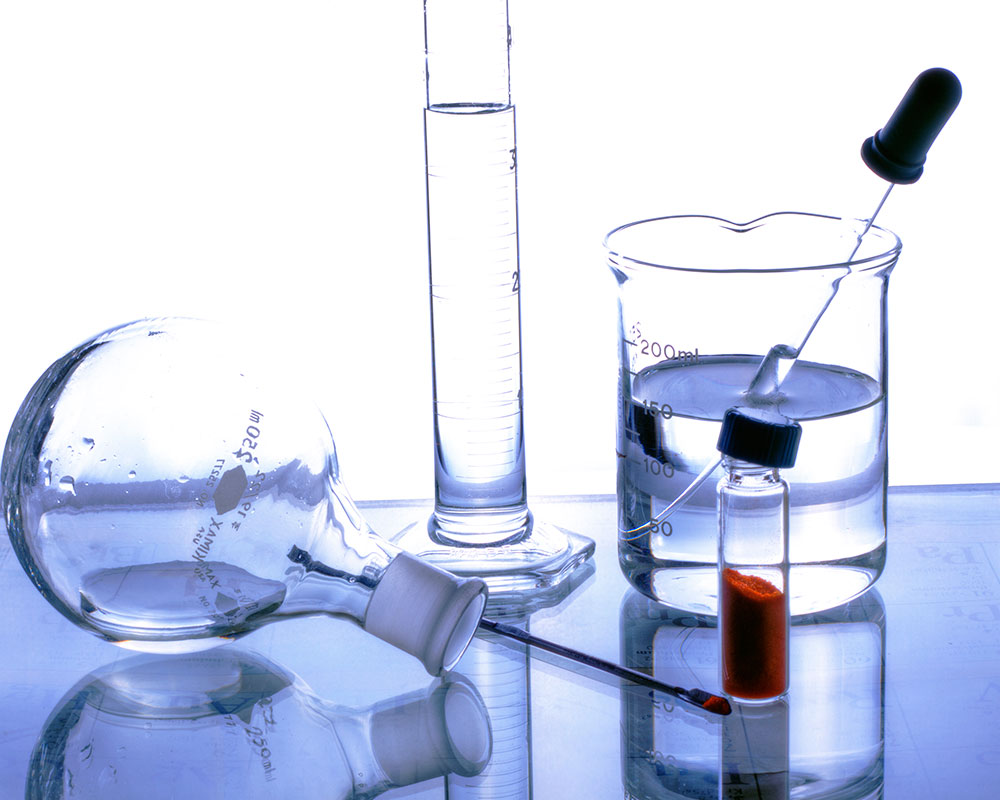Docetaxel plus ramucirumab show promise in urothelial cancer
Docetaxel plus ramucirumab show promise in urothelial cancer
2 Mar 2016Progression of advanced urothelial cancer slowed significantly in patients who received a VEGF-targeted drug in addition to docetaxel as second-line treatment, a randomized trial showed.
Encouraging results as a second-line treatment option
Patients treated with docetaxel plus ramucirumab (Cyramza) had median progression-free survival (PFS) of 5.4 months versus 2.8 months with docetaxel alone. Pairing docetaxel with a different anti-VEGF agent -- the monoclonal antibody icrucumab -- did not improve progression-free survival as compared with docetaxel alone. Both combinations resulted in more grade 3-plus adverse, but toxicity was manageable with supportive care or dose reductions, reported Daniel P. Petrylak, MD, of Yale Cancer Center, and colleagues.
"These results are encouraging in the search for new evidence of second-line treatment options for patients with advanced or metastatic urothelial cancer," the authors concluded. "An ongoing global phase 3, randomized, double-blind, placebo-controlled study of ramucirumab plus docetaxel versus placebo plus docetaxel, will further investigate the benefit-risk ratio in patients with locally advanced, unresectable, or metastatic urothelial cancer who experience progression during or after platinum-based therapy."
“61% reduction in the hazard for progression or death”
Petrylak and colleagues performed a phase 2 trial to evaluate docetaxel and anti-VEGF therapy in patients with locally advanced or metastatic urothelial cancer that had progressed during or within 12 months after first-line platinum-based chemotherapy. They randomized 140 patients to three treatment groups: docetaxel alone or in combination with the VEGFR-2 inhibitor ramucirumab or the VEGFR-1 inhibitor icrucumab. The primary endpoint was progression-free survival.
The results showed almost a doubling of progression-free survival in patients treated with docetaxel-ramucirumab versus docetaxel alone, translating into a 61% reduction in the hazard for progression or death. Patients randomized to docetaxel and icrucumab had a median progression-free survival of 1.6 months.
The most common grade 3-plus adverse events with docetaxel, docetaxel-ramucirumab, and docetaxel-icrucumab were:
- Neutropenia: 36%, 33%, and 39%, respectively
- Fatigue: 13%, 30%, and 20%
- Febrile neutropenia: 13%, 17%, and 6.1%
- Anemia: 6.7%, 13%, and 14%
"There is going to be a significant proportion of patients who do not respond to immunotherapy at all," Geynisman said. "Those patients will continue to need further standard cytotoxic therapy. This combination may help them, and I do see a role for it."

More treatment options for patients who do not respond to immunotherapy
Favorable results from recent trials of immunotherapy in advanced urothelial cancer have not diminished interest in evaluation of other potential therapies for second-line treatment and beyond. At the 2015 meeting of the American Society of Clinical Oncology (ASCO), Petrylak reported response rates of 30% to 50% for patients treated with the PD-L1 inhibitor atezolizumab. A phase 2 trial involving more than 300 patients showed an overall response rate of 15% with atezolizumab in patients with heavily pretreated urothelial cancer, increasing to 27% for tumors with high PD-L1 expression.
Preliminary trials also have demonstrated activity with the PD-L1 inhibitor pembrolizumab (Keytruda) in patients with progressive urothelial cancer. Despite the enthusiasm for immunotherapy, the data from clinical trials have shown that many patients with urothelial cancer do not benefit from the treatment.
"Approximately 25% to 30% of patients will respond to immunotherapy," Petrylak reported. "This number increases for those patients who express PD-L1 in their immune cells. Thus, treatment options need to be developed for those patients who do not respond to immunotherapy or who progress after treatment."
Immunotherapeutic agents "almost undoubtedly" will be approved for treatment of bladder cancer, but traditional chemotherapy strategies still have considerable room for improvement, as illustrated by the results with the combination of docetaxel and ramucirumab, said Daniel M. Geynisman, MD, of Fox Chase Cancer Center in Philadelphia.
Source: MedPage Today